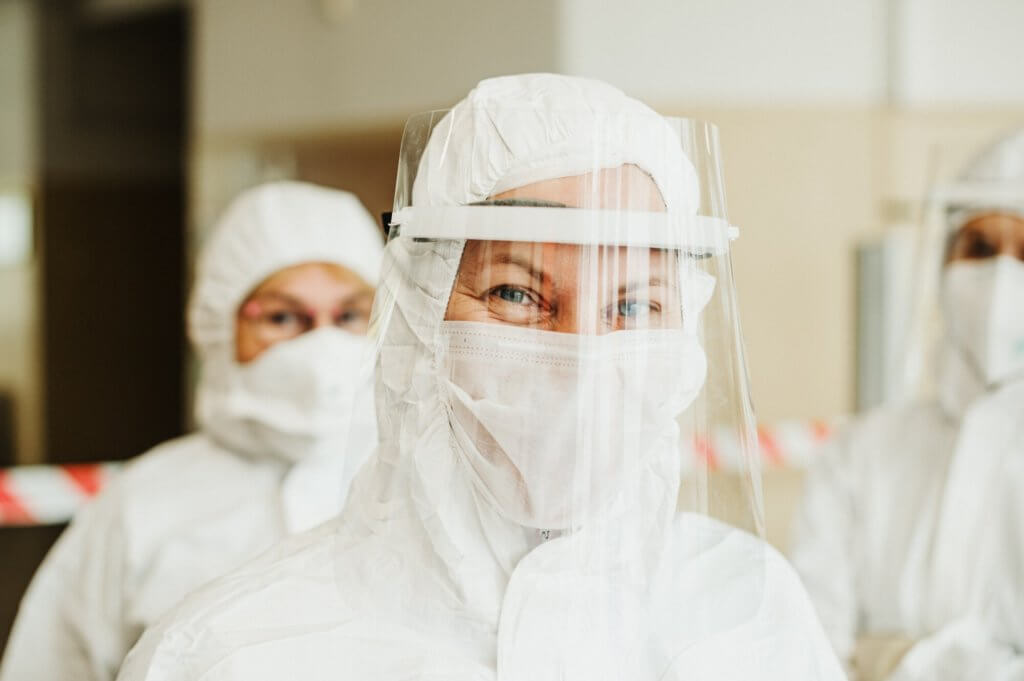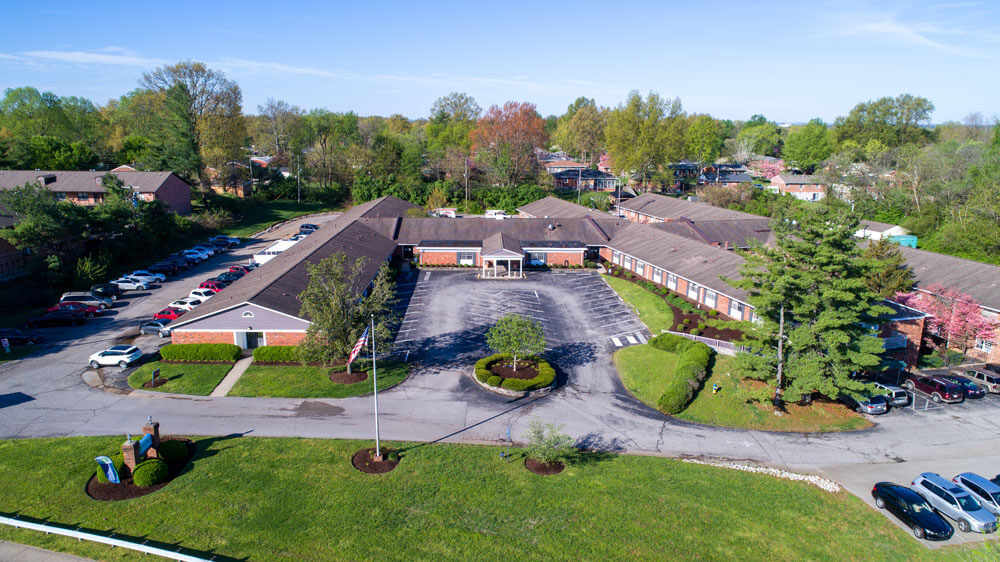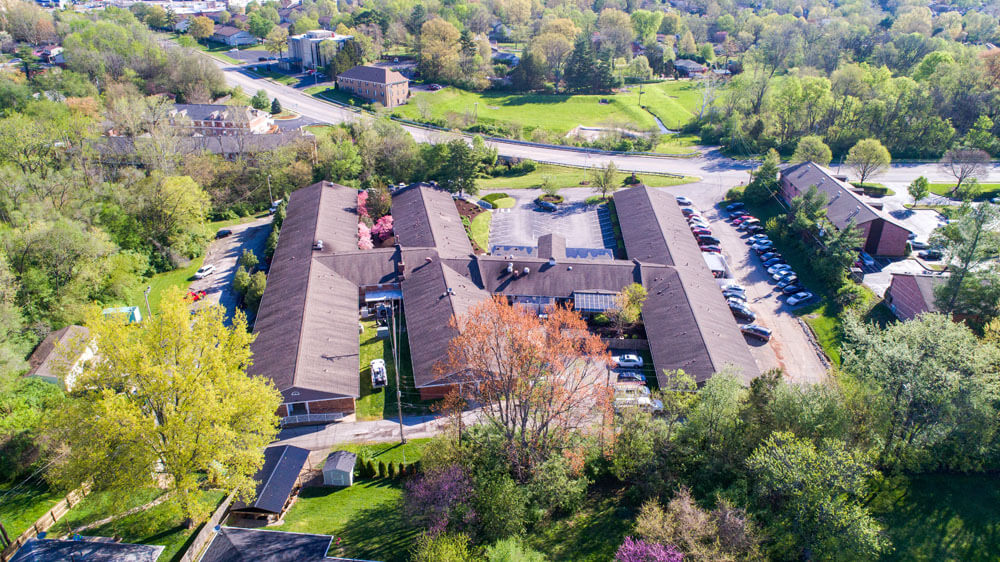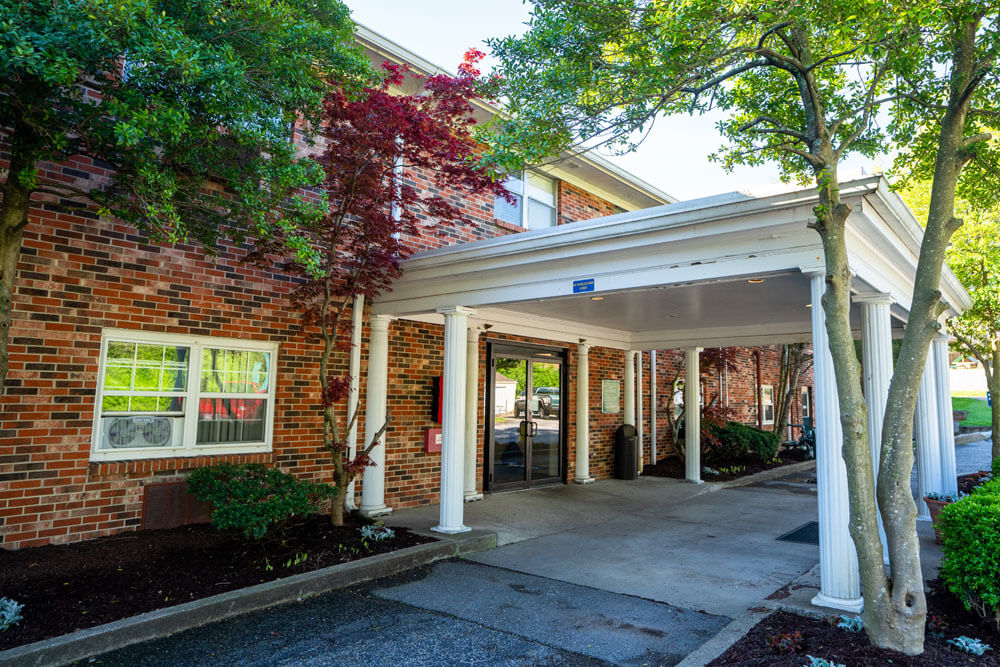Did you know that elderly COVID-19 patients are at an increased risk of catching the virus and having a harder time fighting off the virus?
The COVID-19 recovery process is difficult and can have lasting effects, especially on seniors. Keep reading to learn more about COVID-19 impact and recovery.
COVID-19 in the Elderly
Older adults are more at risk for getting seriously ill from COVID-19. Seniors are at more risk for needing to be hospitalized, admitted to intensive care units, or requiring a ventilator to breathe.
The increased risk of serious illness from COVID-19 starts at age 50, and as people age, the risk of complications increases. Once some reach age 85 or older, they are the most likely to suffer serious complications from COVID-19.
Age is not the only factor that makes seniors at risk for serious complications for COVID-19. Many elderly adults suffer from other underlying medical conditions that they develop as they age. Many of these underlying health conditions place additional risk factors on elderly adults.
COVID-19 Complications Seen in Seniors
Seniors face more persistent health deficits when recovering from COVID-19 than younger adults.
Common ongoing side effects that seniors experience when recovering from COVID-19 include:
- A persistent harsh cough
- Difficulty breathing, especially with exertion
- Dependency to supplement oxygen
In addition to the pulmonary side effects from COVID-19, experts also noticed that seniors seem to lose reserved energy. This loss of energy puts seniors at an increased risk for sudden health changes and an increased risk for hospitalization.
Patients who require intensive care are at risk for Post-intensive Care Syndrome, which can lead to:
- Difficulty swallowing
- Difficulty speaking
- Muscle atrophy
- Generalized muscle weakness
- Cognitive dysfunction
- Mental health disorders
Mental health disorder experts are noticing a rise in patients recovering from COVID-19. Experts believe that this may be due to the effects of prolonged hospitalizations and isolation. Isolation can cause loneliness, pain, falls, weight loss, pressure ulcers, insomnia, anxiety, and fear.
Increased stress and anxiety due to COVID-19 can have worsening effects of dementia symptoms in some seniors.
The Benefit to Assisted Living Facilities
Seniors recovering from COVID-19 benefit from having healthcare professionals monitoring them. Healthcare professionals track weight, vitals, eating habits and more to watch for health decline.
For this reason, assisted living is an alternative option that seniors recovering from COVID-19 can benefit from.
The Benefit to Skilled Nursing Facilities
Post-acute and long-term rehabilitation help some to recover from COVID-19. However, they do not just help the patient recover physically, but also psychologically and functionally as well.
Many experts in the medical community strongly support skilled nursing facilities. This is because many experts have found that skilled nursing centers can help to improve the quality of life.
Skilled nursing facilities offer rehabilitation services to help seniors regain strength and independence. This helps ensure that they can perform daily tasks on their own.
The Skilled Rehabilitation Team
Rehabilitation consists of multidisciplinary support teams, including:
- Respiratory Therapist
- Physical Therapists
- Occupational Therapists
- Speech Therapists
- Dietitians
These specially trained healthcare workers help the patient work towards long-term recovery.
Respiratory Therapy for COVID-19
Respiratory therapists play a vital role in COVID-19 recovery. Respiratory Therapists are crucial in helping patients recover from COVID-19 because they:
- Help to assess lung functions
- Assess lung capacities
- Ensure the patient is coughing effectively
- Assess breath sounds
- Instruct patient on breathing techniques
- Work with the patient to strengthen muscles for respiration
COVID-19 can have long-lasting effects on a patient’s lungs. Respiratory therapists help to improve lung functions the best they can.
How to Care for an Elderly Loved One with COVID-19
When caring for older adults with COVID-19, it is important to keep yourself healthy. Make sure that you are washing your hands frequently. This is especially important to do before and after providing care, preparing food, using the bathroom, or touching surfaces in public.
When possible, avoid large crowds to help keep you and your loved one from being exposed to COVID-19. Try to avoid touching your face and clean and disinfect frequently used surfaces and any medical equipment.
This will help to ensure that you and your loved one are staying healthy.
Vaccinations
The CDC recommends that older adults receive the COVID-19 vaccination. According to the CDC, this helps to:
- Reduce the severity of the illness
- Reduce hospitalizations
- Decreases the risk of dying from COVID-19
The CDC reports that adults 65 years old and older who were fully vaccinated had a 94% reduced risk of hospitalization due to COVID-19.
If seniors choose not to get vaccinated, the CDC recommends that they continue to wear a mask until they are fully vaccinated.
Important CDC note on Fevers and Elderly
It is important to know that in elderly adults, their body temperature can be lower than many younger adults.
Due to this, a fever in adults who are 65 years old or older is considered one temperature reading 100 degrees Fahrenheit, or 37.8 degrees Celsius. Or if there are multiple temperature readings that are over 99 degrees Fahrenheit, or 37.2 degrees Celsius.
Even at these lower temperature readings, an elderly adult’s immune system may be trying to fight off a serious infection.
COVID-19 Recovery for Seniors
Older adults are more at risk for getting seriously ill or dying from COVID-19. This places seniors at a greater risk of needing hospitalization, intensive care, or intubation.
COVID-19 recovery also seems to be more difficult for seniors. In many cases, skilled rehabilitation centers or assisted living centers are the best options to help in recovery.
Our Exceptional Living communities provide specialized care which can help COVID-19 patients recover. For more information on Exceptional Living Center’s facilities and services, contact us today.







